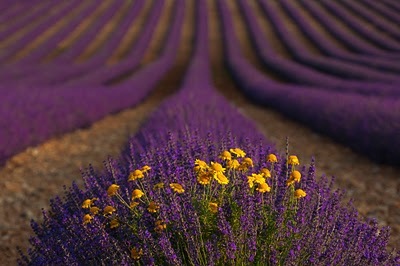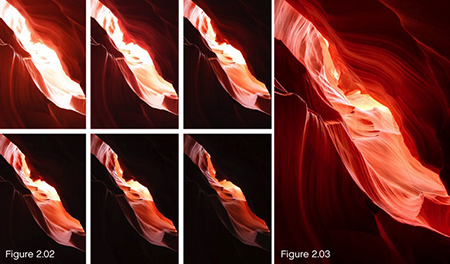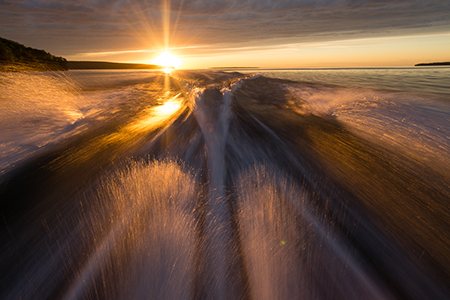CPC Blog

Tips for Flying with Photo Gear
June 19, 2014
It's summertime and that usually means vacations and travel.
If flying is in your plans, packing your camera equipment requires careful consideration. Deciding ahead of time what gear to take, which bag to carry it in, how to pack it, what’s allowed by the airlines as well as knowing the TSA rules and the rules in foreign countries can help you enjoy your travel with less stress and worry.
Check out the expert advice from some of our instructors. Since they travel often leading photo workshops in the U.S and internationally, they've 'been there' and 'done that' and their insight can be helpful as we plan for our next trip.
Read More
Learning to See… By Bryan F. Peterson
June 4, 2014 | Category: Photo Tips & Techniques
Learning to see creatively is very dependent on what your camera and lens can and cannot see. Captains of ships need to become very familiar with their maps as they navigate the world, making certain to keep the ship pointed in the right direction. In much the same way, your lenses are maps that can lead you to new and enchanting lands. With constant practice, you’ll begin to visually memorize the unique vision of each and every lens—both the pluses and the minuses.
Read More
Clarifying Copyright for Photographers
May 21, 2014
The basis for Copyright Law comes from the United States Constitution with the first Copyright Act signed into law in 1790. "The Congress shall have power… to promote the Progress of Science and useful Arts, by securing for limited times to Authors and Inventors the exclusive right to their respective Writings and Discoveries."
Since then, there have been many revisions but for photographers who are new to the Copyright world, clarifying what it entails may be helpful.
Read More
Shooting Realistic HDR Images
May 6, 2014
HDR imagery can be considered a recent fad or a well-worn technique, depending on how you look at it. In the early days, film failed to produce visible detail in the highlight and shadow values of high-contrast scenes. Because of this, photographers resorted to difficult and tedious darkroom techniques to help return the detail to the print.
Today’s digital sensors, while holding great promise, still fall short of the capability of our vision. Luckily for us, however, modern computer programs provide a more accurate and elegant solution to this age-old high-contrast problem.
Read More
Capturing the Quality of Light
April 23, 2014
You often hear photographers talk about the “golden hour” or the “magic light” just after sunrise and shortly before sunset and there is a good reason for it. These are the most opportune times to photograph outdoors because of the quality of light.
No matter what your subject, from landscape scenes to natural light portraits, take advantage of this time to capture dramatic images.
Read More
Things To Consider Before Clicking The Shutter
March 26, 2014
The modern DSLR is an amazing tool that supplies immense control over our image making through a vast array of camera settings and options. Once you leave the Auto or Program Mode, the options you need to keep track of really begin to stack up and can overwhelm the beginning photographer and even trip up the seasoned pro.
Consider the many options that are likely to change depending on your subject matter or shooting conditions.
Read More